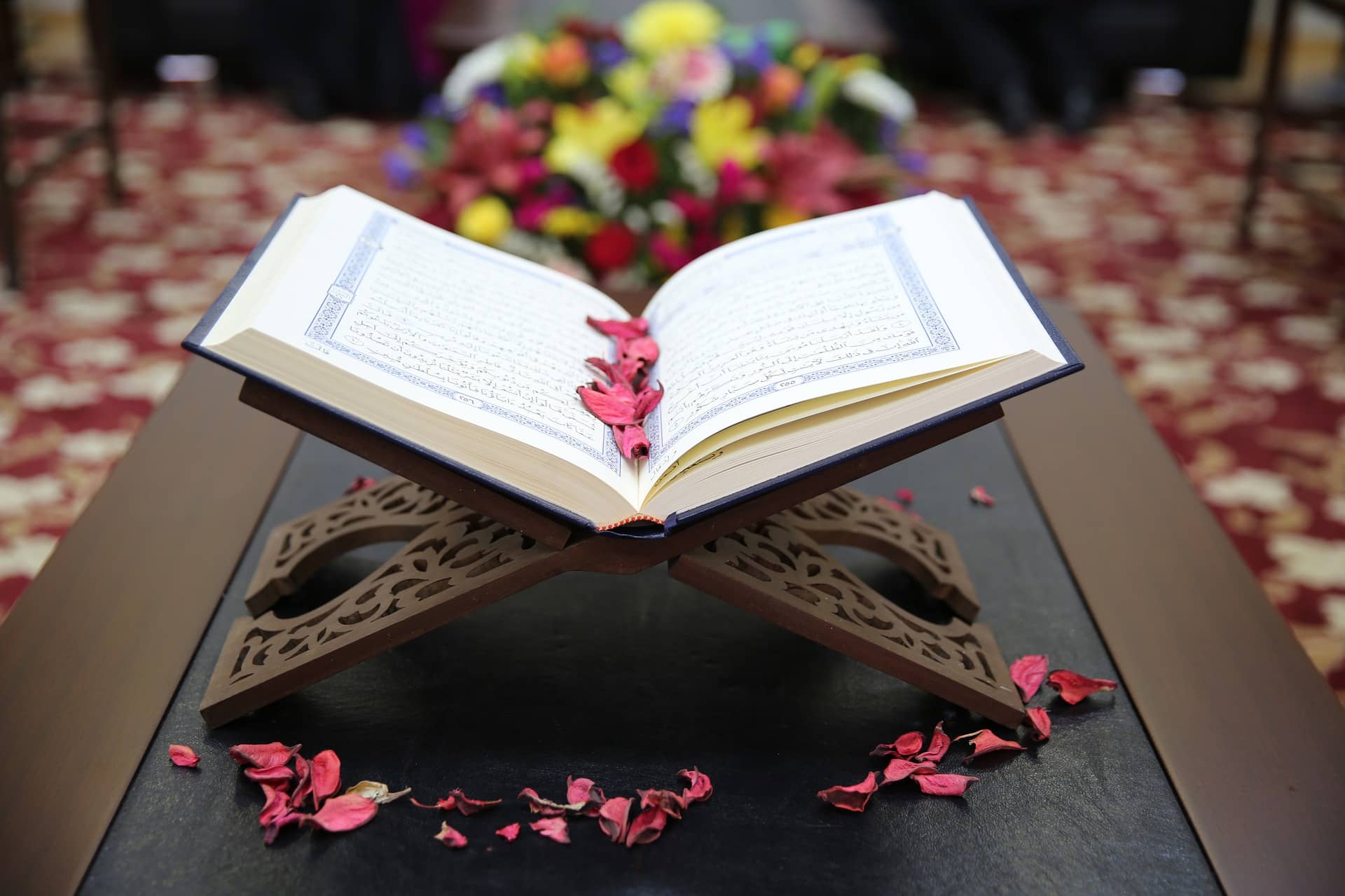"How do you know you're a Muslim?" the Egyptian-American comedian asked, recalling one bit that worked in a recent show in Dubai, in the United Arab Emirates. "When you drink, gamble and have sex -- but don't eat pork."
Ba-da-boom.
"People there laugh at the same things we do," Ahmed said in an interview, ticking off a list that included dating, religion, airport security and getting into nightclubs. Not to mention George W. Bush.
Comedy does indeed exist in the Muslim world. But, as suggested by Albert Brooks' recent film "Looking for Comedy in the Muslim World," stand-up is still a rarity in Muslim countries.
Films, sitcoms and talk shows have been making Muslims laugh for decades. Newspapers, magazines and theater troupes dish out political satire and poke fun at celebrities and the wealthy. Even jokesters that some regimes just won't tolerate can still find captive audiences in the privacy of dinner parties or the ubiquitous cafes of the Middle East and other Islamic countries, where story- and joke-telling have been elevated to an art form.
Eccentric families, politicians and awkward boy-girl situations are all sources of comic relief from Morocco to Malaysia. At the same time, following decades of colonialism, corrupt regimes and war, many Muslims have become masters at turning misfortune into laughter.
Across the Muslim world, it seems, misery loves comedy.
Consider Mayzoon Zayid, a Palestinian-American who claims to be the first stand-up to perform in the West Bank and Gaza. The winning jokes there were about Israeli curfews, diets, and Arab men marrying one of Bush's twin daughters (both girls, she said, if you're Muslim).
"People there laugh at themselves all the time, because if they don't, they will go insane," said Zayid, 30.
Comedian Maz Jobrani, whose family fled Iran when he was 6 around the time of the Iranian revolution, agrees that misery breeds humor.
"Look at the history and what's happened to us and our countries. You have to have a sense of humor," said Jobrani, 33. "These countries have gone through so much crap that they have to laugh at it."
Luckily, misery isn't the only source of humor in the Muslim world.
"Arabs are very political, so any humor you do about politics is funny. Any humor you do about a crazy mother-in-law is funny. It's the things that people all relate to," said Zayid.
"George Bush is the universal joke," she added. "In Amman, Beirut, Palestine, Nazareth, every single place I've gone and told a George Bush joke, people freak out laughing."
There's even political humor in Iran, home to almost 70 million Muslims, but writers and filmmakers can't name politicians and must tread carefully or risk running afoul of the hard-line Islamic regime.
"You see a lot of subtext in this stuff," Jobrani said, talking about Iranian films. "People have to really think about how they're going to comment on something the regime just did."
What might make Americans laugh, however, might not work on Palestinians.
On the other hand, sex jokes play well in Indonesia. Abdurrahman Wahid, a grandfatherly Muslim cleric and former president popularly known as Gus Dur -- he "has a joke for every occasion," said Time magazine -- even has a few sex jokes on his personal Web site.
While an Indonesian president can get away with sex jokes, "people usually don't like for comedians to talk about these topics," said Anis Shakur, who writes about Pakistani culture.
Islamic Scripture seems to have given a cautious nod to comedy. The Hadith, a collection of sayings by the Prophet Muhammad that rank second to the Quran as a source of guidance, encourage humor and laughter.
But Muhammad is also reported to have said, "Every Muslim should beware of making fun of his fellow brother," and warned that "too much laughter kills the heart."
There's no specific Hadith on stand-up. One self-described comedy writer from the United Arab Emirates, however, wrote in 2004 to IslamOnline.net, a Web site on which Islamic scholars field questions concerning religion, asking if writing comedy was permitted.
The reply: "Islam does not require that the speech of Muslims should consist entirely of pious utterances, that their silence should be one of meditation, that they should listen to nothing except the recitation of the Quran, nor that they should spend all their leisure time in the mosque."
"Rather, it recognizes that ... as they need to eat and drink, they also need to relax and enjoy themselves. Therefore, it is permissible to write comedy, particularly if it aims at highlighting moral behavior and other positive objectives."
Another entry at IslamOnline notes: Prophet Muhammad ... was a very pleasant light-hearted person. Despite all the severity and seriousness of his function, his company was neither dull nor uninteresting, but was full of pleasant and sincere humor. With his pleasant ways and moderate joking, the Prophet showed us that religion does not have to make us dull and disagreeable."
Ahmed and Zayid say they hope to bring more stand-up to the Muslim world, and are confident there's an audience for it.
"I want to bring comedy to Egypt, that's one of my missions," said Ahmed, who gets e-mail from aspiring comics in the Middle East seeking advice on how to get started.
Zayid, who spends about three months a year in the Palestinian territories running arts and health programs for children who have been wounded or orphaned, has also done comedy workshops for adults and children there, and is planning more for this year.
She believes there's an up-and-coming generation of Palestinian comics, and every couple of months she gets calls from friends in the Palestinian territories with stand-up sightings.
"If you opened up a stand-up club in Ramallah," she said, "you'd fill it every Thursday night."

